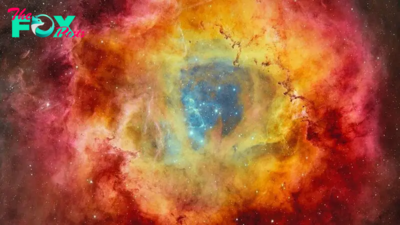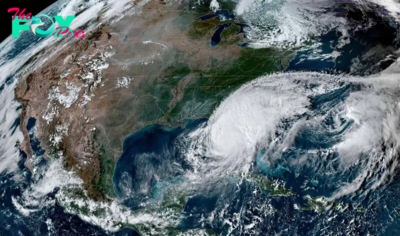Science
Monster black hole is starving its host galaxy to death, James Webb telescope reveals
The James Webb Space Telescope (JWST) has spotted a gigantic black hole "starving" its host galaxy to death, astronomers say.
The supermassive black hole — located nearly 12 billion light-years away, at the center of GS-10578, or "Pablo's Galaxy" — is 200 billion times the mass of the sun.
Previous observations revealed that the black hole's host galaxy is "dead" — meaning it has stopped forming new stars — but previous telescopes lacked the accuracy to find the exact cause of this.
Now, the JWST has solved the case: Pablo's galaxy is being suffocated by its own giant black hole, which is ejecting gas from the galaxy before it has time to make new stars. The researchers published their findings Sept. 16 in the journal Nature Astronomy.
"We found the culprit," study co-lead author Francesco D'Eugenio, an astrophysicist at the University of Cambridge, said in a statement. "The black hole is killing this galaxy and keeping it dormant, by cutting off the source of 'food' the galaxy needs to form new stars."
Supermassive black holes typically sit in the centers of galaxies, periodically sucking in matter from their surroundings before spitting it out at near light speed, creating a feedback process that shapes how galaxies evolve.
Related: 'Mind-blowing' James Webb telescope images reveal 19 spiral galaxies in the greatest detail ever seen
-

 Science1d ago
Science1d agoInside Capitol Hill’s Latest UFO Hearings
-
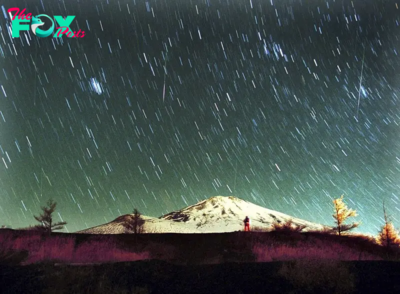
 Science1d ago
Science1d agoYou Won’t Want to Miss the Leonid Meteor Shower. Here’s How and When You Can See It
-

 Science2d ago
Science2d agoHere’s What Trump’s Win Means for NASA
-
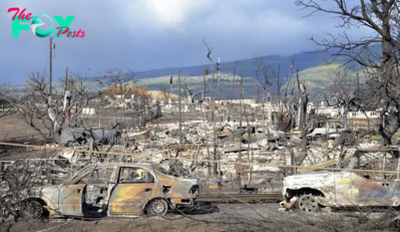
 Science5d ago
Science5d agoWhy Risky Wildfire Zones Have Been Increasing Around the World
-

 Science6d ago
Science6d agoIt’s Time to Redefine What a Megafire Is in the Climate Change Era
-
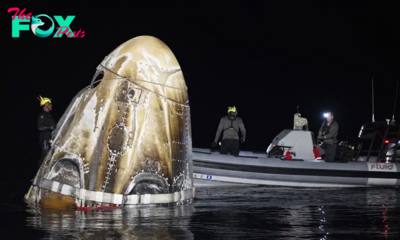
 Science1w ago
Science1w ago4 Astronauts Return to Earth After Being Delayed by Boeing’s Capsule Trouble and Hurricane Milton
-

 Science1w ago
Science1w agoThe Elegance and Awkwardness of NASA’s New Moon Suit, Designed by Axiom and Prada
-
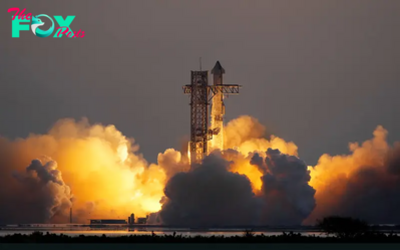
 Science1w ago
Science1w agoSpaceX Launches Its Mega Starship Rocket. This Time, Mechanical Arms Catch It at Landing
